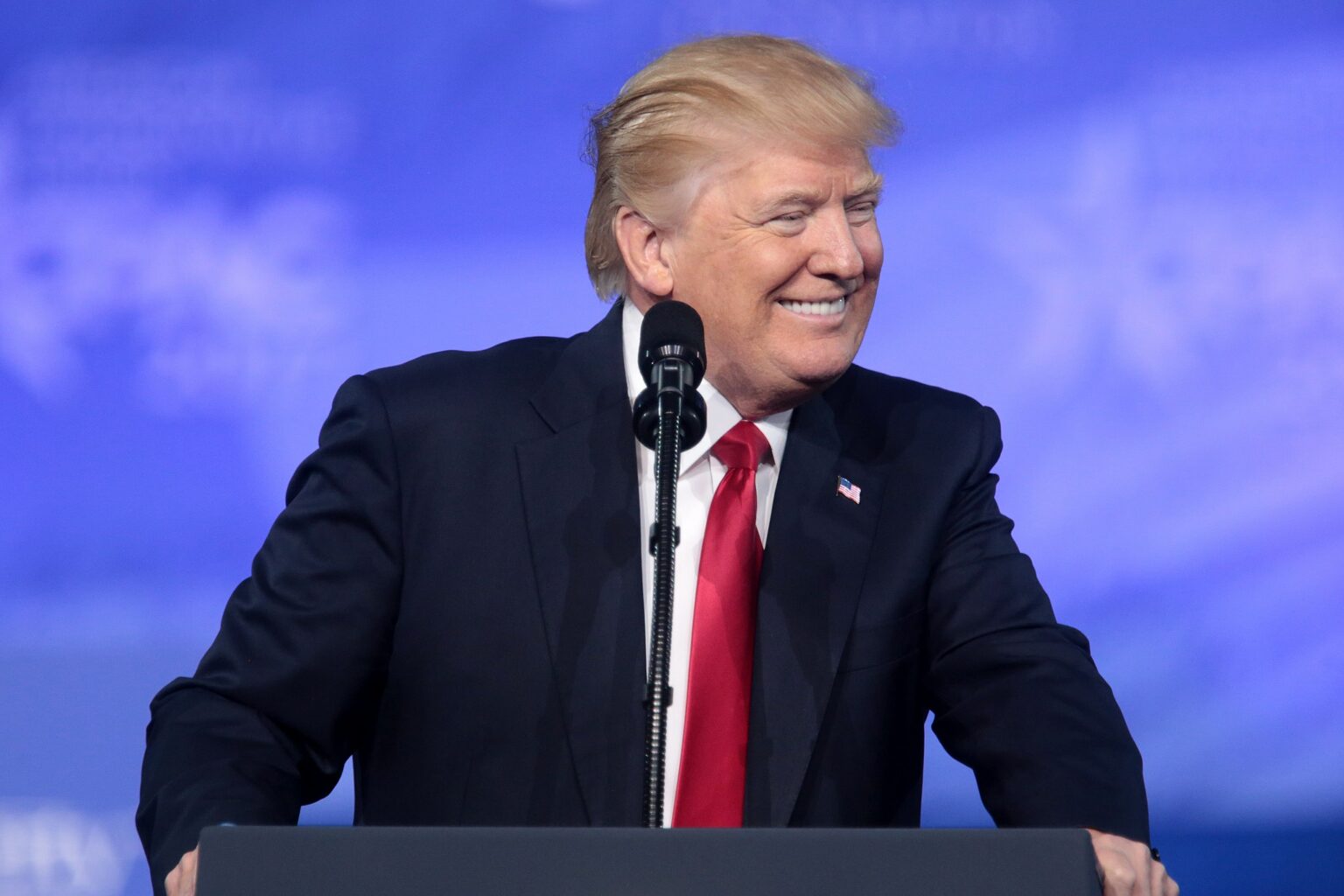Democrats have something new to worry about,
President Biden and former President Trump are intensifying their outreach efforts to Black male voters, highlighting the significant role this demographic is expected to play in the upcoming election.
Despite Black voters predominantly aligning with the Democratic Party, there have been concerns about a shift since 2020 when Trump garnered 12 percent of the Black vote. Observers now suggest that Black men could be pivotal in determining the next president.
“I don’t know your pathway to victory without Black men,” stated Mondale Robinson, founder of the Black Male Voter Project. He emphasized the need to engage with the average Black male voter, not just the politically active ones. Robinson, who also serves as the mayor of Enfield, N.C., pointed out that many Black men feel disconnected from the political process. “Sixty percent of Black men sit out election after election after election, and [candidates] keep doing the same strategies. So I think to them, what’s your path to victory without these Black men?”
While Black voters prioritize a range of issues including education and healthcare, experts agree that economic concerns are paramount. “Black voters in this cycle are prioritizing many of the issues that we’ve been seeing over the past couple of cycles,” said Terrance Woodbury, founding partner of HIT Strategies. “But the first is the economy. When Black voters say economy, they often mean costs, which isn’t necessarily about jobs or wages.”
A recent Pew Research Center survey found that 77 percent of Black voters would support Biden if the election were held today, while 20 percent of Black men would vote for Trump. However, despite some polls indicating a potential ideological shift among Black men, Shelley Wynter from the Georgia Black Republican Council noted that this doesn’t guarantee high turnout. “Black men still represent the lowest percentage of turnout,” he said, attributing this to a lack of focus on issues that matter to them.
Trump’s team has made concerted efforts to connect with Black male voters. In February, Trump introduced a sneaker line at Sneaker Con to appeal to Black men and referenced his legal issues to highlight racial disparities in the criminal justice system. He also hinted at the possibility of choosing a vice president of color, though Robinson is skeptical this will sway Black men. “They’re thinking you can use a face that looks like ours to motivate Black men to go to the polls, but that does not work,” he said.
Recently, Trump visited New York’s South Bronx, a neighborhood with a significant Black and Latino population, and is scheduled to participate in a roundtable in Detroit, a predominantly Black city. “President Trump is showing up in Black communities and listening to voters where they live,” said Janiyah Thomas, the Trump campaign’s Black media director. She asserted that there’s a growing shift of Black voters from Biden to Trump.
However, Woodbury remains unconvinced that this support will endure. “There is a gender gap among Black men and Black women—Black men are about 4 points less likely to support Joe Biden than Black women—but that’s a very minor gap,” he explained. The more significant issue, he noted, is the generation gap, with a 30-point difference in support for Biden between young and older Black voters.
The Biden campaign is banking on their administration’s achievements, such as student loan forgiveness, record-low Black unemployment rates, and reforms like banning no-knock warrants, to maintain support. Sarafina Chitika, a Biden campaign spokesperson, criticized Trump’s track record, stating, “Donald Trump has spent his life and political career disrespecting Black men every chance he gets… President Biden is on the campaign trail showing up—to earn, and not ask for, Black Americans’ support. That is what leadership looks like.”
Democratic strategist Antjuan Seawright highlighted the vulnerability of Black men as a demographic. He stressed that the party addressing their vulnerabilities most effectively will win their support and potentially the White House. “We have to acknowledge the pain and frustration…and that there’s work to do,” Seawright said. “People see these vulnerabilities, and they want to play into those vulnerabilities, but what I’m confident in is that [Black men] will not be fooled—we see through the fog and understand who’s been for us and who’s been against us.”
